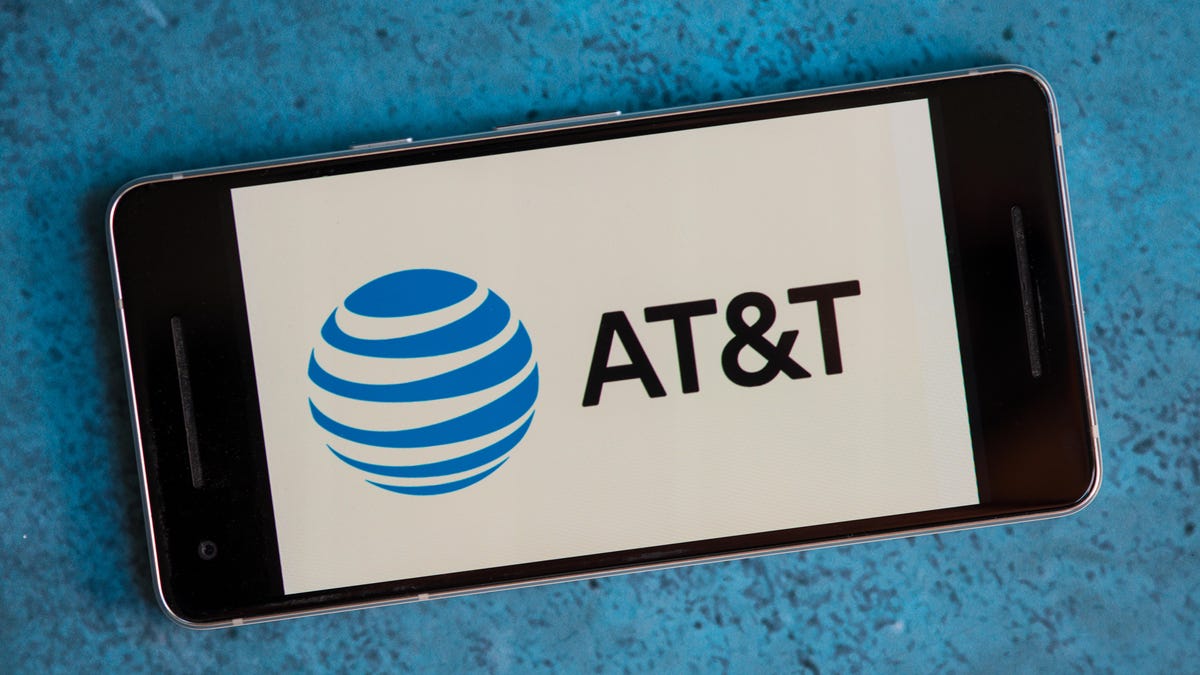FTC, AT&T settle 2014 data-throttling lawsuit
Suit accused the carrier of deceiving unlimited-data customers when it slowed their connection speeds.

AT&T has settled a years-long lawsuit with the FTC.
AT&T has reached a settlement with the Federal Trade Commission in a 2014 lawsuit that accused the wireless carrier of deceiving its unlimited-data customers when it slowed their connection speeds, according to a court filing Friday. The parties requested a 90-day stay so the FTC could finalize the proposed settlement, the value of which wasn't revealed.
The FTC sued AT&T in 2014, alleging the wireless provider misled customers who signed up for an unlimited-data plan only to see their connection slowed in an industry process called "throttling." The agency said then that AT&T had throttled at least 3.5 million customers, and that the practice resulted in slowing network speeds 80 to 90%.
In July 2011, AT&T took the unpopular step of placing speed limits on those unlimited plans, slowing them down from a high-speed LTE connection to a 2G connection, the speed of which is akin to that of a dial-up modem. At the time, it said it would limit only the top 5% of its heaviest users, but it later clarified that to say those who access 5 gigabytes of data in a billing period.
The long-running lawsuit included a dismissal in 2016 by a US appeals court that found the FTC lacked authority because wireless broadband is a so-called Title II service, which would fall under the jurisdiction of the FCC. Wireless data became a Title II service when the FCC reclassified broadband as part of its 2015 Open Internet order.
The FTC declined to comment. AT&T didn't respond to a request for comment.

